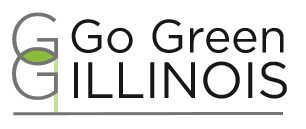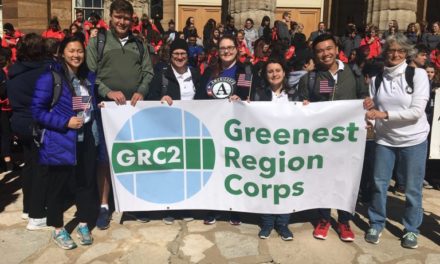
Every 3 years, the International Code Council (ICC) solicits input to modernize America’s Model Energy Code (IECC). During the last cycle, only .5% of the local government officials in the US that are eligible to vote exercised their option to do so, and the potential benefits of new energy efficient buildings was lost. You can help! First, find out if your municipality is a member of the ICC. If so, they are able to vote. Now is the time to educate your elected officials to be sure that your municipality uses their votes to advocate for energy efficiency improvements.
The IECC will set efficiency requirements for newly constructed and renovated building that will provide energy savings and emissions reductions over the life spans of buildings. Well-crafted, robust building energy codes can bring benefits to building owners; support local and global environmental objectives. This IECC code is very important because:
- Buildings use 40% of the nation’s energy and account for 50% of the greenhouse gas emissions in our region;
- Cost saving are enjoyed by building owners and occupants over the long-term. A report (Focused Acceleration) commissioned by C40 Cities noted that building energy efficiency generates utility bill savings that exceed and rapidly recoup their costs; averaging from $4,763 to $33,105 (depending on climate zone); and
- The National Renewable Energy Lab (NREL) identified building energy codes as the most impactful policy action cities can take to meet greenhouse gas reduction targets and the Focused Acceleration report underscores the value of optimizing building energy efficiency as the most significant and impactful step cities can take to meet Paris Accord GHG emission targets.
The International Energy Conservation Code (IECC) is being updated now and municipalities can have an important role in how these codes deliver benefits for residents, communities, and the environment. A national campaign to engage municipal leaders in supporting America’s Model Energy Code is being led by the Energy Efficient Codes Council (EECC) and endorsed by the US Conference of Mayors.
Members must designate people (staff and/or elected officials) to cast these votes by September 23, 2019. Actual voting occurs in mid-November, 2019. The EECC has put together a helpful guide and timeline to help municipal leaders participate.



